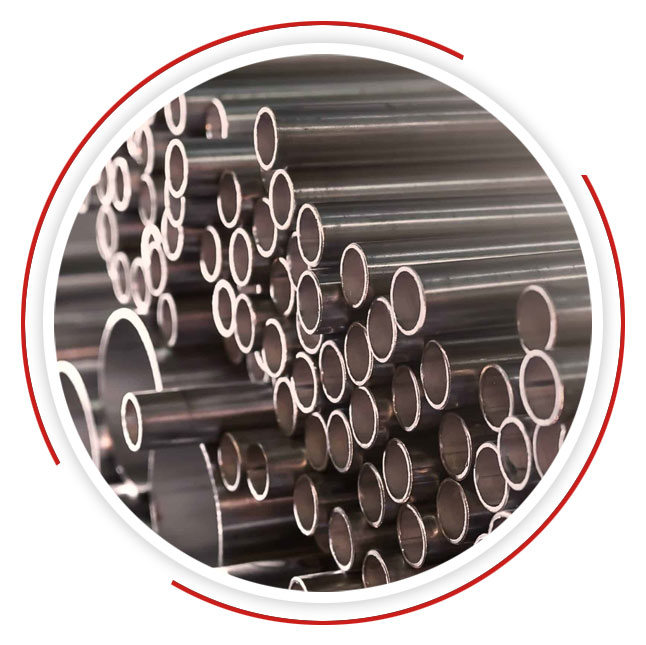
Home > Industrial Metal Pipe > Application of Pipe
Comprehensive Applications of Pipes Across Industries
Pipes are essential components across multiple industries, catering to diverse applications based on material properties such as durability, corrosion resistance, and strength. Below, we explore the extensive applications of pipes across various sectors, categorized by material type.


Carbon steel pipes are renowned for their high tensile strength and affordability, making them ideal for industries that require durability and reliability.
Stainless steel pipes are known for their corrosion resistance, making them suitable for hygienic and critical environments.
Alloy steel pipes, with added elements like chromium and molybdenum, offer enhanced strength and resistance to extreme environments.
Inconel, a nickel-chromium alloy, excels in high-temperature and high-corrosion environments.
Monel, a nickel-copper alloy, is best known for its resistance to seawater and chemicals.
Duplex and super duplex pipes offer superior corrosion resistance and strength, making them ideal for challenging environments.
Selecting the right pipe material depends on several factors:
Pipes are the lifelines of industries, connecting systems and ensuring efficient operations. Whether it’s carbon steel for oil pipelines, stainless steel for water treatment, or Inconel for aerospace applications, the right pipe material guarantees performance, safety, and cost-efficiency.
05, 1st Floor, Ratan Sadan Building, Room No. 8, 5th Kumbharwada Ln, Mumbai, Maharashtra 400004
VIKAS JAIN: +91-88792 51118
RAMESH JAIN: +91-99302 75544
We Kwality Steelage Pvt. Ltd. are professionally organized firm engaged in exporting and supplying Stainless Steel, Carbon Steel, Alloy Steel, Nickel Alloys, Duplex, Super duplex and other Ferrous & Non-Ferrous Metal products such as Pipes, tubes, Pipe, Tubes, Pipe Fittings, Piping Spools, LR Bends, Sheets, Plates, Rods, Flanges, Fasteners, Gaskets.
© 2024 Kwality Steelage Pvt. Ltd. All rights reserved. Designed by Vebiotic Web Solutions Marketing by Adinads
WhatsApp us